I do not understand David Brooks. Brooks is an op-ed columnist for the NYTimes. For the most part his columns are right-of-the-political wing nuttiness, garbed in some erudite clothing. I am not linking to them here but his past few op-eds suggesting that McCain would make a great president despite the shallow, erratic and negative campaign he has run have become somewhat repetitive and tiresome.
And then, once in a while, when I have just about decided not to read his columns any more, he throws out some really cool and interesting stuff.
A few months ago it was a column titled “A partnership of minds” where he spoke of the coming together of Buddhism and brain science leading to this idea of “neural Buddhism.” Connecting Douglas Hofstadter and the Dalai Lama, cognitive neuroscience and evolutionary psychology, this column was a great example a thought provoking, interesting, and informative op-ed could be.
And today, there’s the column titled The Behavioral Revolution in which he praises economists and psychologists who have been exploring the perceptual biases in human cognition. He argues that our brains evolved for much simpler times than the one we live in today, and that it is our “cognitive blindness” in decision making that possibly led to the current financial crisis. At the heart of the problem is the very model of rational decision making we follow.
A great example of someone whose world-view has been turned upside down when faced with the consequences of all these perceptual biases is none other than the former Chairman of the Federal Reserves, Alan Greenspan. In an exchange at Capitol Hill Greenspan said that he was “shocked” when the markets reacted as they did. To give him credit, he was honest, as can be seen in this exchange with Waxman: [quotes from here]
“I made a mistake in presuming that the self-interests of organizations, specifically banks and others, were such as that they were best capable of protecting their own shareholders and their equity in the firms,” Greenspan said.
Referring to his free-market ideology, Greenspan added: “I have found a flaw. I don’t know how significant or permanent it is. But I have been very distressed by that fact.”
Waxman pressed the former Fed chair to clarify his words. “In other words, you found that your view of the world, your ideology, was not right, it was not working,” Waxman said.
“Absolutely, precisely,” Greenspan replied. “You know, that’s precisely the reason I was shocked, because I have been going for 40 years or more with very considerable evidence that it was working exceptionally well.”
Now compare what Greenspan said with Brook’s list of cognitive / perceptual biases, some key problems with how our minds work:
our tendency to see data that confirm our prejudices more vividly than data that contradict them; our tendency to overvalue recent events when anticipating future possibilities; our tendency to spin concurring facts into a single causal narrative; our tendency to applaud our own supposed skill in circumstances when we’ve actually benefited from dumb luck.
How perfect a match is that!
I wish Brooks would stick to these topics, where he seems to actually have something to say, rather than repeat the typical, over-hashed, talking points that he often writes about.

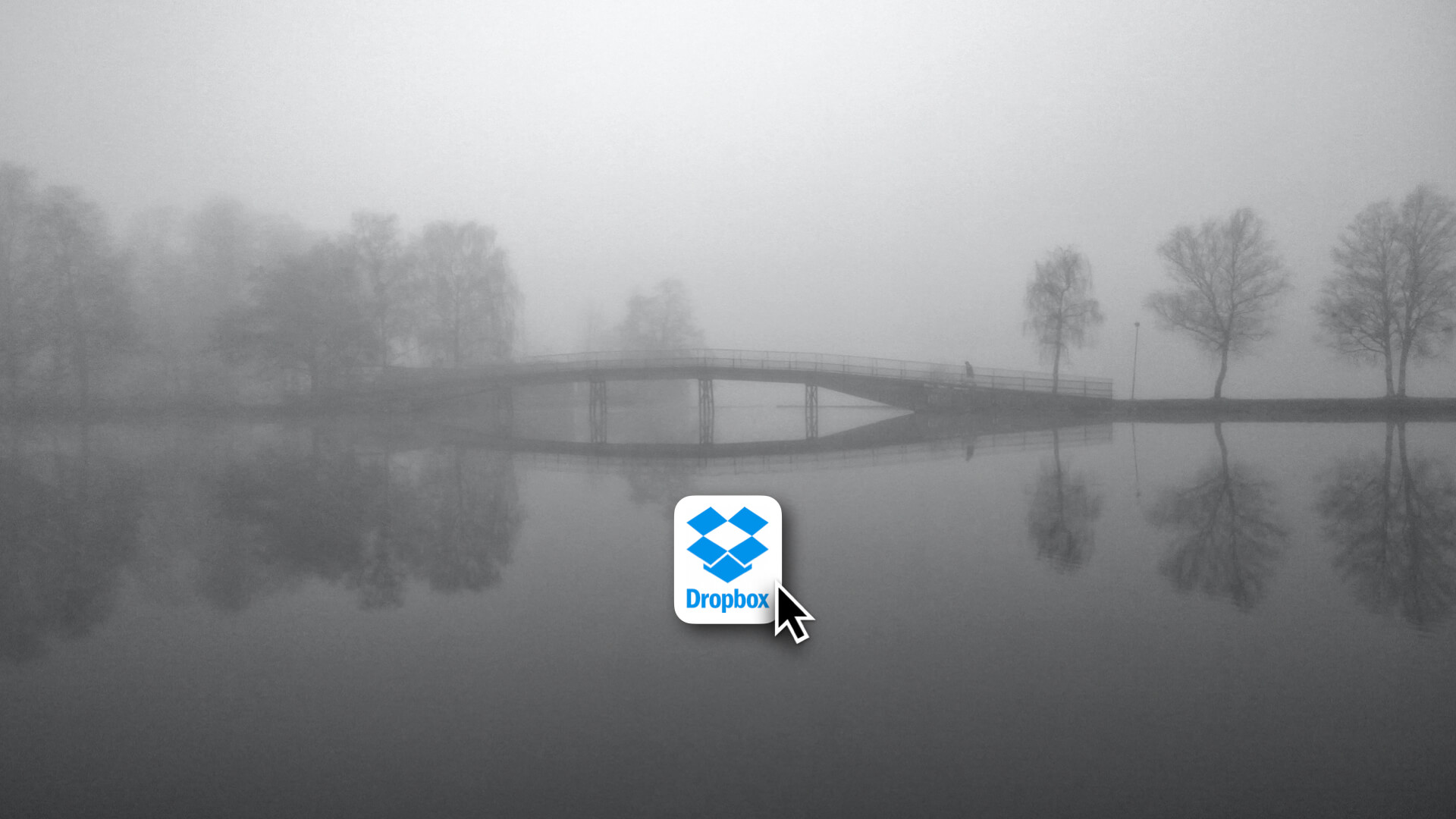
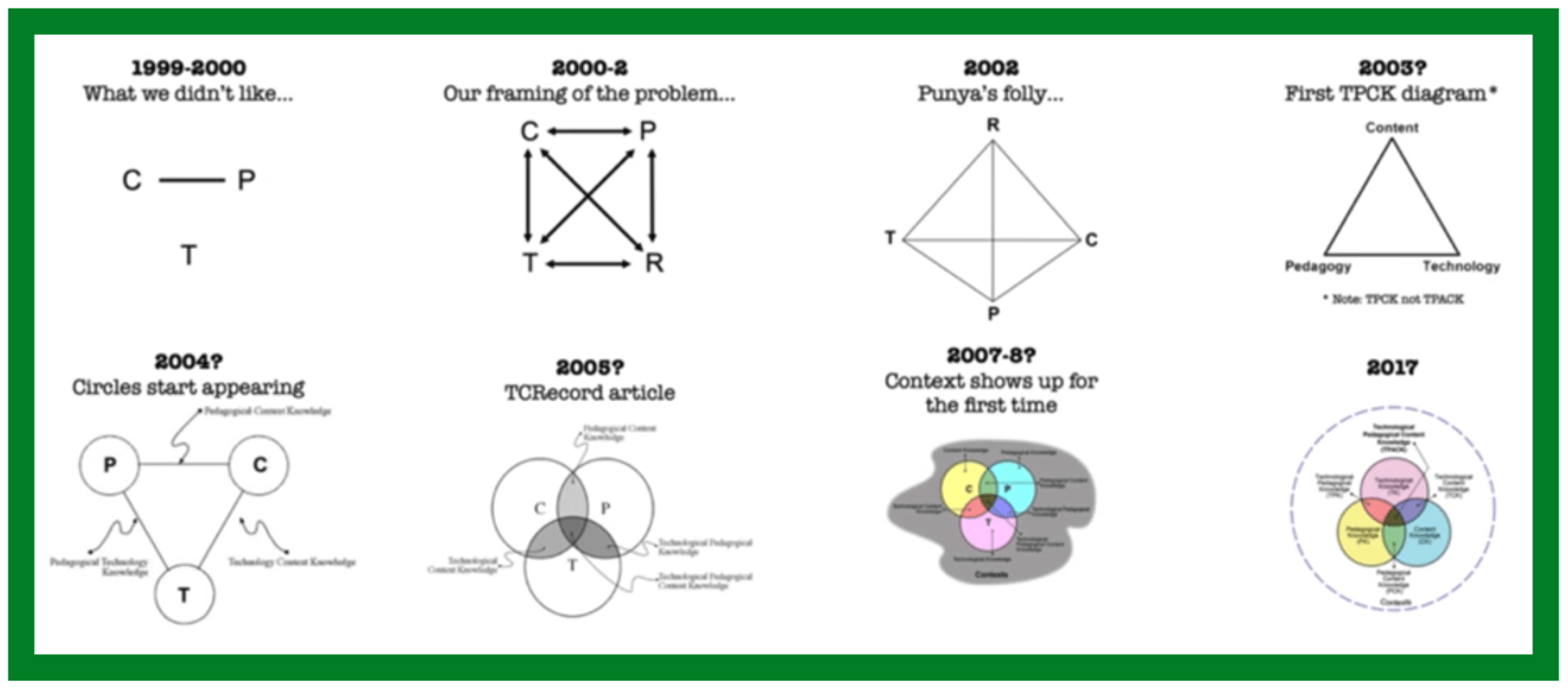
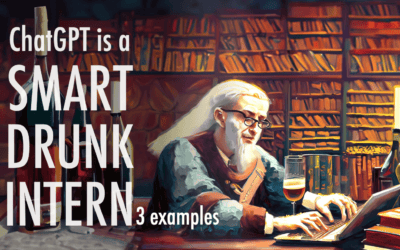

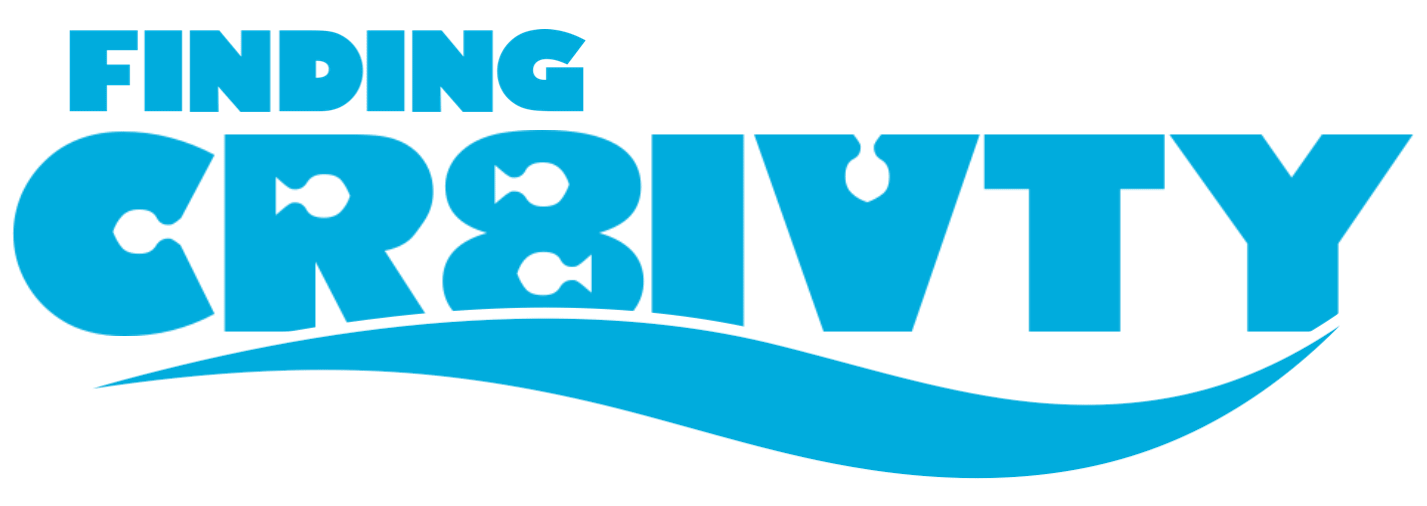
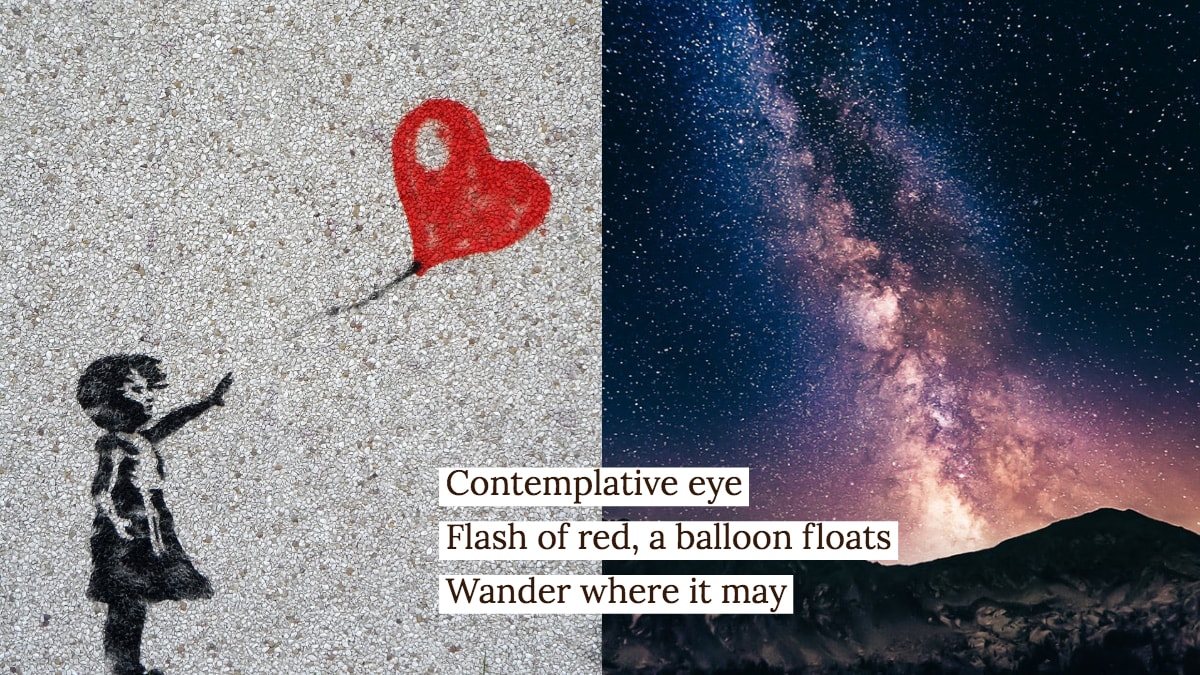
0 Comments